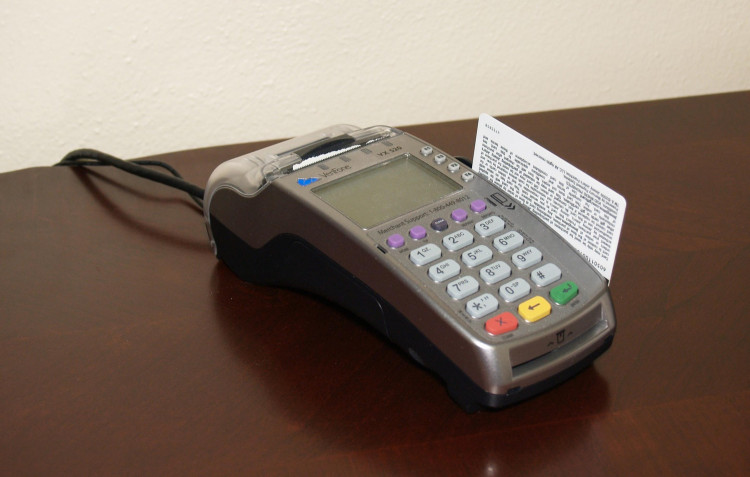Intuit is about to seal a deal to acquire financial tech portal Credit Karma for around $7 billion in cash and shares, two sources with knowledge of the matter disclosed late Sunday.
The deal will push Intuit - home of Mint and TurboTax - further into consumer finance and could be officially made public by Monday, the Journal reported, citing sources with information of the deal.
Acquiring Credit Karma would be Intuit's largest investment in the company's 37 years' history. Reports said that privately- held Credit Karma has a market value of around $4 billion during a private share sale in 2018.
Credit Karma grew to popularity by providing free access to credit scores, credit monitoring, data-breach notifications, and tax-filing services. The company earns by pitching credit cards and loans based on customers' credit performance. When clients accepted the offers, Credit Karma would be paid a few hundred dollars, although it closely guarded information of these deals.
Intuit has long helped consumers and business enterprises take control of their financial information, but it has often been slow in embracing into the new era in which data is used profitably to entice advertisers.
Based on the deal, the San Francisco, CA-based Credit Karma will operate as a stand-alone entity with its top executive, Kenneth Lin, remaining in charge, reports said. Credit Karma was founded in 2007 by Lin.
Intuit did not respond immediately to requests for comment on Sunday. Credit Karma, supported by investors like private-equity company Silver Lake and fintech venture firm Ribbit Capital did not comment.
An Intuit acquisition of Credit Karma would be the latest deal in the financial-services sector. Last week, top lending firm Morgan Stanley disclosed it will acquire online brokerage E-Trade Financial for around $13 billion in stock.
In January, Visa announced it was buying Plaid for $5.3 billion, which allows customers to connect their bank accounts to financial services apps like Venmo and PayPal. TD Ameritrade and Charles Schwab are also finalizing a merger contract.
Credit Karma has been at the forefront of a huge group of fintech startups in the last 10 years, saying its clients include 75 percent of all Americans who have a credit account.
The firm, which has more than 1,000 workers had been projected to initiate an initial public offering. But following a complicated public bid of Uber and the failure of WeWork's proposed offering, some corporations have instead gone after a sale rather than face possible skeptical investors.






